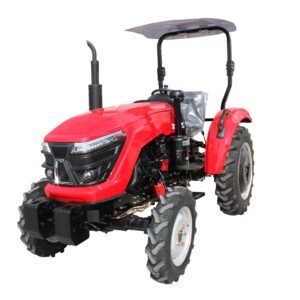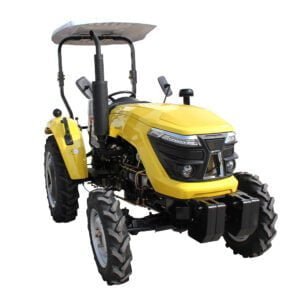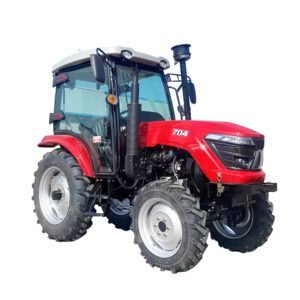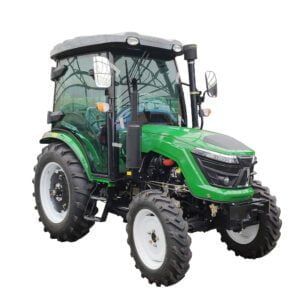Email: [email protected] Whatsapp: 8618266768780
How to Choose the Right 70 HP Tractor for Your Needs
Welcome to My Blog!
Before we dive into the content, I’d love for you to join me on my social media platforms where I share more insights, engage with the community, and post updates. Here’s how you can connect with me:
Facebook: https://www.facebook.com/profile.php?id=100072217509763
LinkedIn: https://www.linkedin.com/company/74949059/admin/dashboard/
YouTube:https://www.youtube.com/@tractormanufacturer-lc5qz
TikTok: https://www.tiktok.com/@tractormanufacturer
Now, let’s get started on our journey together. I hope you find the content here insightful, engaging, and valuable.
Introduction

Choosing the right 70 HP tractor is a significant investment for any farmer or landowner. With so many models and brands available on the market, it can be overwhelming to decide which one best suits your specific needs. This comprehensive guide will walk you through the key factors to consider when selecting a 70 HP tractor, helping you make an informed decision.
Understanding Your Needs
Before you start shopping for a 70 HP tractor, it’s essential to assess your specific needs. Consider the following:
- Farm size: The size of your property will determine the tractor’s required power and maneuverability.
- Primary tasks: What will you primarily use the tractor for? Common tasks include plowing, mowing, hauling, and operating implements.
- Terrain: The type of terrain you’ll be working on (flat, hilly, rocky) will influence your choice of tires and transmission.
- Budget: Set a realistic budget to narrow down your options.
Key Features to Consider
Once you’ve identified your needs, you can start evaluating tractors based on the following features:
- Engine: Look for a powerful and fuel-efficient engine that can handle your workload.
- Transmission: Choose a transmission that offers the right combination of speed and torque for your tasks.
- Hydraulic system: A robust hydraulic system is essential for operating attachments and implements.
- Three-point hitch: Ensure the three-point hitch has sufficient lift capacity for your equipment.
- Cab or platform: Decide whether you need an enclosed cab or an open platform based on your climate and comfort preferences.
Comparing 70 HP Tractors with Other Tractor Sizes
| Feature | 50 HP Tractors | 70 HP Tractors | 100 HP Tractors |
|---|---|---|---|
| Horsepower | 50-59 HP | 70-79 HP | 100-119 HP |
| Typical Uses | Hobby farms, small-scale operations, landscaping, gardening | Medium-sized farms, row crops, hay and forage production, livestock operations | Large-scale farms, intensive tillage, specialized row crops, heavy-duty hauling |
| Engine Size | 2.0L – 3.5L | 3.0L – 4.5L | 4.0L – 6.0L |
| Torque | 150-200 lb-ft | 200-250 lb-ft | 300-400 lb-ft |
| Hydraulic Flow | 15-20 gpm | 20-25 gpm | 25-35 gpm |
| PTO Options | 540/1000 rpm | 540/1000 rpm | 540/1000/1300 rpm |
| Rear Lift Capacity | 8,000 – 10,000 lbs | 10,000 – 12,500 lbs | 12,500 – 15,000 lbs |
| Loader Lift Capacity | 4,000 – 5,000 lbs | 5,000 – 6,000 lbs | 6,000 – 8,000 lbs |
| Operating Weight | 6,000 – 7,500 lbs | 7,500 – 9,000 lbs | 9,000 – 11,000 lbs |
Comparing Different Tractor Brands
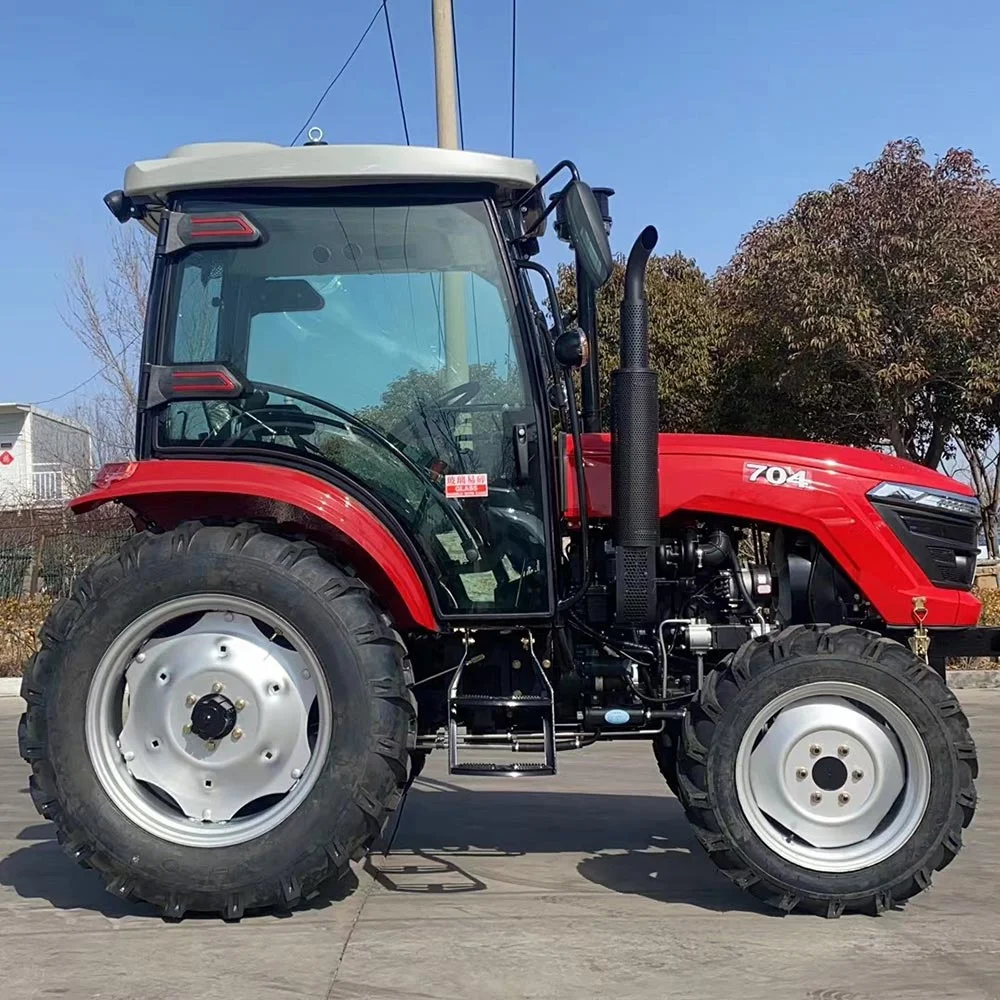
There are numerous tractor brands available on the market, each with its own strengths and weaknesses. Some of the most popular brands include John Deere, Kubota, New Holland, and Massey Ferguson. When comparing brands, consider the following factors:
- Reputation: Research the brand’s reputation for reliability and customer service.
- Dealer support: Ensure there’s a reliable dealer in your area to provide service and parts.
- Warranty: Compare the warranty coverage offered by different brands.
Essential Attachments for a 70 HP Tractor
To maximize the versatility of your 70 HP tractor, consider investing in the following attachments:
- Loader: For moving materials and performing general tasks.
- Backhoe: For digging and excavating.
- Mower: For cutting grass and hay.
- Plow: For preparing fields for planting.
- Cultivator: For breaking up soil and controlling weeds.
Maintenance and Operating Costs
Owning a tractor involves ongoing maintenance costs, including fuel, oil changes, and repairs. When comparing different models, consider the following:
- Fuel efficiency: A fuel-efficient tractor can save you money in the long run.
- Maintenance schedule: A tractor with a simple maintenance schedule is easier to maintain.
- Parts availability: Ensure that parts are readily available and affordable.
Conclusion
Choosing the right 70 HP tractor is a significant investment that requires careful consideration. By evaluating your specific needs, comparing different models, and considering the key factors discussed in this guide, you can make an informed decision and find the perfect tractor for your farm or property.
FAQ
What factors should I consider when choosing a 70 HP tractor?
When selecting a 70 HP tractor, key factors include the size of your property, the primary tasks you’ll perform, the terrain, your budget, and the specific features of the tractor, such as engine power, transmission type, hydraulic system, and three-point hitch capacity.
How do I compare different tractor brands?
To compare different tractor brands, consider factors like the brand’s reputation for reliability, the availability of dealer support in your area, the warranty coverage offered, and customer reviews. It’s also important to compare the specific features and performance of different models.
What are some essential attachments for a 70 HP tractor?
Essential attachments for a 70 HP tractor include a loader for material handling, a backhoe for digging, a mower for cutting grass and hay, a plow for preparing fields, and a cultivator for soil preparation.
How much does it cost to maintain a 70 HP tractor?
The cost of maintaining a 70 HP tractor varies depending on factors such as fuel efficiency, maintenance schedule, and the availability of parts. It’s essential to consider ongoing costs like fuel, oil changes, and potential repairs when making a purchasing decision.
What safety precautions should I take when operating a 70 HP tractor?
Safety is paramount when operating a tractor. Always follow the manufacturer’s safety guidelines, wear appropriate protective gear, and ensure that all guards and shields are in place. Additionally, be aware of your surroundings, especially when working near slopes or bodies of water.
About Us
Shandong Qilu Industrial Co., Ltd. is a professional manufacturer and exporter integrating the development and production of excavators, loaders and tractors. We provide the best service, absolutely.
Recent Posts
Video demo
-1.png)
Contact Us Today!
Any question, quote or inquiry? Click the button to send message.
Qilu Industrial will always here to help.


